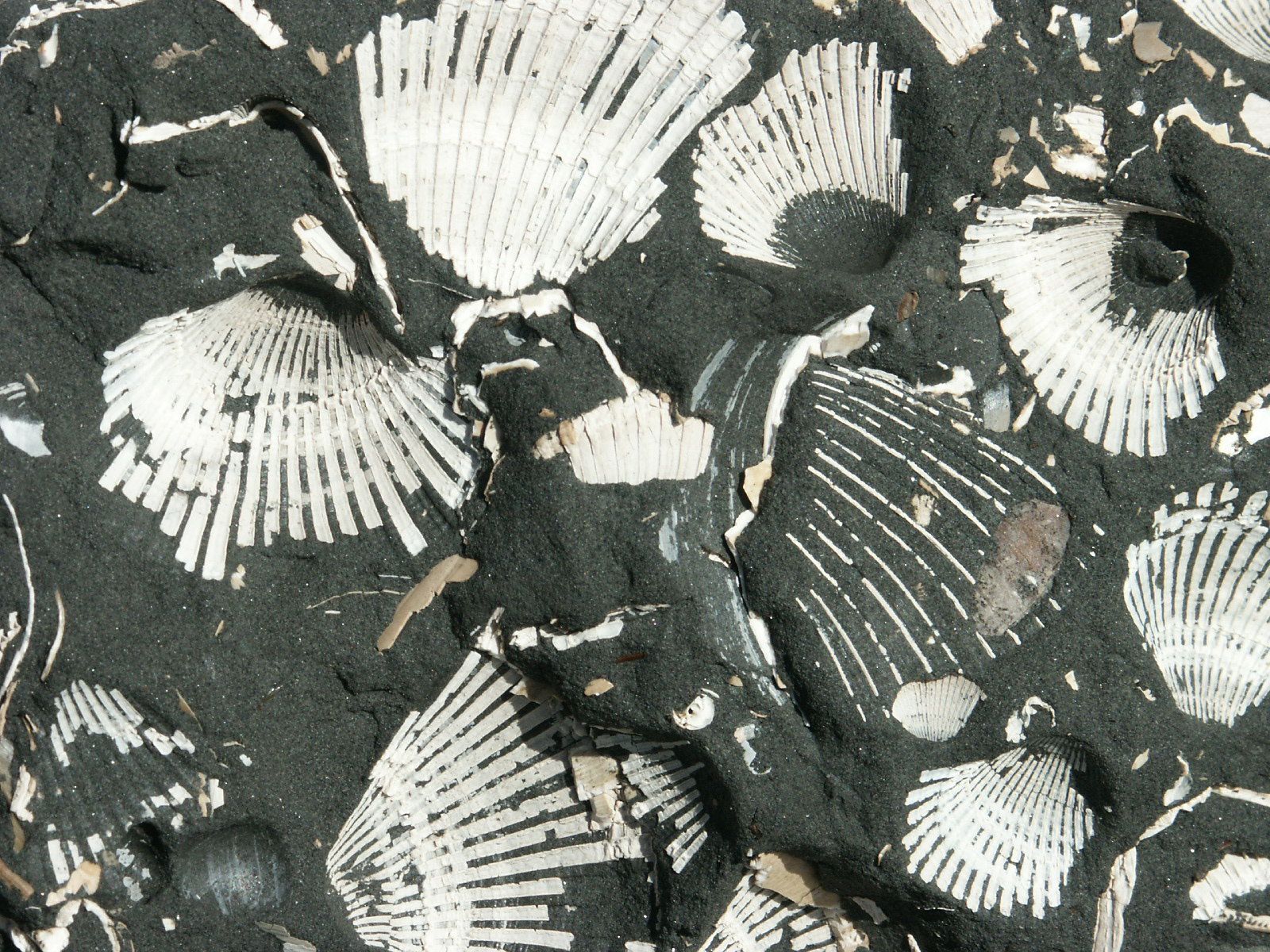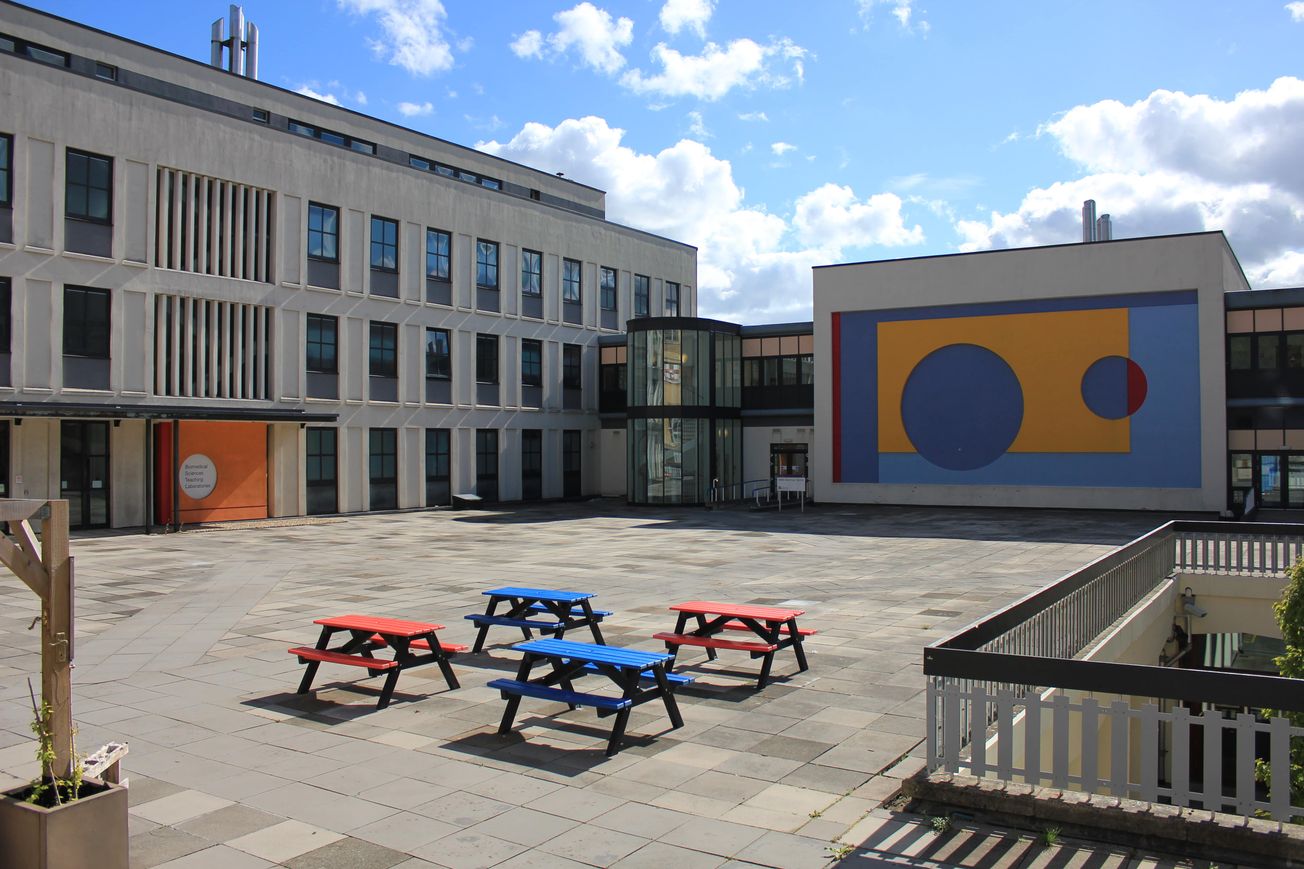The past term has seen lots of interesting research coming out of the University's many research labs, which we summarise in short articles in the fortnightly paper – here is a selection from this term!
Brighter future for cystic fibrosis patients
A new synthetic treatment for cystic fibrosis could be on the horizon thanks to new research from the University of Bristol. The condition affects 75,000 to 100,000 people worldwide and is caused by a lack of the protein Cystic Fibrosis Transmembrane Conductance Regulator (CFTR). This protein allows negatively charged species, anions, across the membrane. When this molecule is absent anions cannot be transported, the cell becomes dehydrated and the mucus becomes thick and sticky. Most treatments reduce symptoms rather than treating the overall condition, however, researchers at Bristol and Sydney were able to restore anion transport using synthetic molecules on cystic fibrosis cells.
Isaac Haig, Investigations Correspondent
Growing population of purple algae spells trouble for Greenland ice sheet
Six million pounds is being invested into Bristol University research to investigate a Greenland ice sheet. Pigmented glacier algae have been growing over the past 20 years, causing the ice to melt. The algae are pigmented purple to shield themselves from ultraviolet radiation, but this results in more heat being absorbed. If the ice in Greenland continues to melt, there is concern for the sea levels rising. Therefore, the underlying cause of the algae’s growing population is important.
Annie Wilson, Second year, Biology
| University highlights fossil fuel industry's climate misinformation campaign

Fossil records used to understand ocean ecosystem recovery
International collaboration led by the University of Bristol provided insight into marine ecosystem recovery after the mass extinction 66 million years ago. Fossil records of a photosynthetic plankton spanning the following 13 million years showed that the communities were highly volatile for the first 1.8 million years. Stabilisation coincides with carbon-cycle restoration. However, it took another eight million years for the species richness to recover. The study demonstrates how the loss of biodiversity can impact ecosystem stability.
Anastasia Gurskaya, Third Year, Biochemistry

Should doctors be prescribing benzodiazepines to opioid addicts?
A study led by University of Bristol researchers has highlighted a significant link between the prescription of benzodiazepines to opioid addicts and drug related deaths. Benzodiazepines are often prescribed to addicts – despite medical guidance advising against this practice – to reduce anxiety and increase compliance with treatment. Despite increased compliance, researchers found that co-prescription of benzodiazepines is linked with a three-fold increase in risk of overdose death. Studies like these may help us curb the increase of drug related deaths.
Matt Huggett, Second Year, Cell and Molecular Medicine
| An amazing autumn for Rosa Biotech
Smart needle uses light to diagnose cancer
Multidisciplinary researchers from the Universities of Bristol and Exeter have created a revolutionary cancer diagnosis tool. The prototype is a ‘smart needle’ that uses light to detect lymphoma- a common type of cancer. Light is scattered differently from diseased tissue compared to healthy tissue, so lymphoma can be detected within seconds. This technology means that future diagnoses can be much faster and less invasive than the current technique (surgical biopsies).
Isobel O'Loughlin, SciTech Deputy Editor
Featured image: Epigram / Cameron Scheijde
What was your favourite discovery from this term? Let us know!







